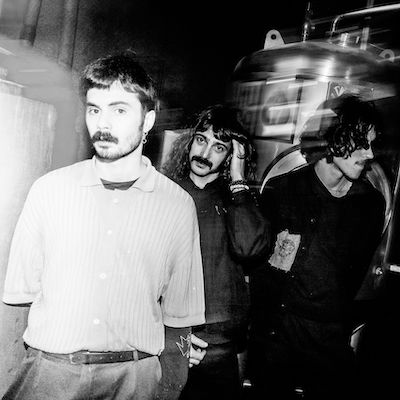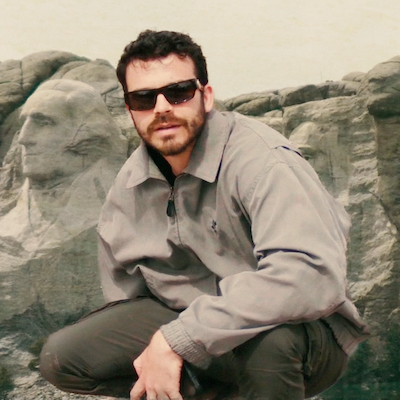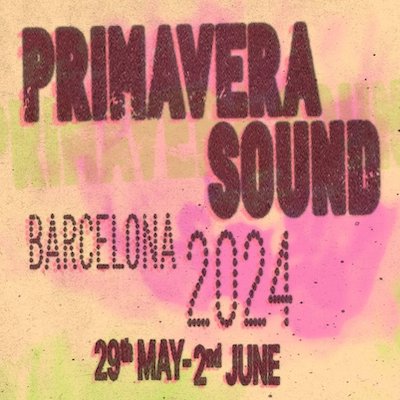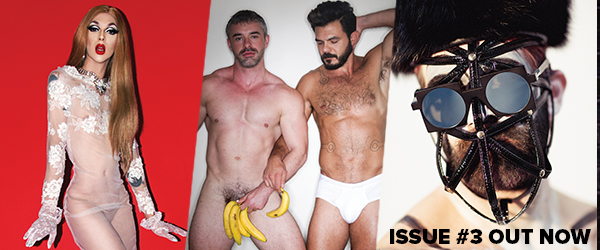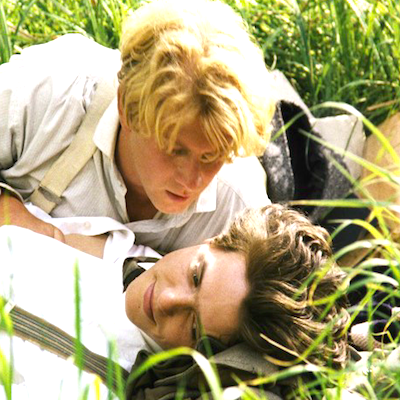
"Maurice is a remarkable story of repressed emotion and gay love"
Rewatching Maurice (1987) today, more than thirty years after its initial release, so much of it is strikingly ahead of its time. That a mainstream film made at the height of the AIDS crisis should celebrate gay love and (spoiler alert) even dare to include a happy ending still feels refreshing. The film won multiple awards at the 1987 Venice Film Festival and remains highly-regarded today.
Based on the novel by E.M. Forster, written in 1914 but not published till 1971 after the author’s death, the film follows Maurice Hall (James Wilby) as he comes and age and to terms with his homosexuality in Edwardian England. He falls in love with handsome aristocrat Clive Durham (Hugh Grant) at university, then later has a passionate affair with the working-class groundskeeper Alec Scudder (Rupert Graves). The film has a great feel for its historical moment, with the First World War looming and the oppressive social structures and class consciousness always present. The character of Lord Risley (Mark Tandy) is reminiscent of Oscar Wilde, arrested and sentenced to hard labour for attempting to seduce a soldier. While Durham ultimately marries and abandons Maurice for a respectable life, Maurice risks everything to live freely.
Fimmaking duo and gay couple Ismail Merchant and James Ivory aren’t always remembered well, often dismissed as middlebrow and safe, but at least a few (Howards End, Remains of the Day) are low-key masterpieces. Maurice shares the great acting talent and lush period detail of these other films, but is also clearly the filmmakers’ most personal film. After the huge success of A Room With a View (1985), largely credited with kick-starting the 90s craze for period drama, Ivory had considerable freedom to pursue the projects he wanted. It’s to his credit that he chose this over something more obviously commercial. He recently received renewed attention and a BAFTA win for writing the hugely acclaimed Call Me By Your Name, whilst also criticizing director Luca Guadagnino’s decision to avoid full-frontal nudity (Maurice has no such reticence). Seeing Ivory finally get some of the credit he deserves is certainly heartwarming (Merchant sadly died in 2005).
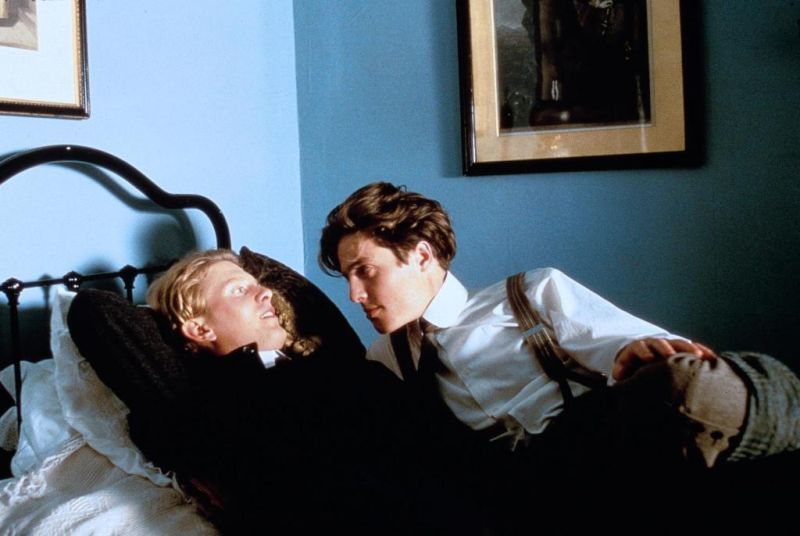
An early film in Hugh Grant’s career, Maurice is a reminder that he’s a more interesting actor than his rom-com typecasting usually implies. His role as the snobbish and self-interested Clive Durham is especially interesting in light of the recent success of A Very English Scandal (in which he plays the disgraced homosexual Liberal Party Leader Jeremy Thorpe). James Wilby is well-cast as the slightly shy and awkward Maurice, though Rupert Graves’ slightly affected working-class accent is less convincing.
Maurice is a remarkable story of repressed emotion and gay love, set in the suffocating context of the British Edwardian establishment but contemporary enough for any queer person today. On top of this the film looks beautiful, shot largely around the cloisters of King’s College Cambridge and the gorgeous Wilbury Park in Wilshire. The new 4K restoration, undertaken in 2017 for the film’s 30th anniversary, is worth seeing on a big screen. Maurice is an essential film in the history of queer cinema and its rerelease now is a real treat.
Maurice is back in UK cinemas from July 27th.
Review by Matt Harris



